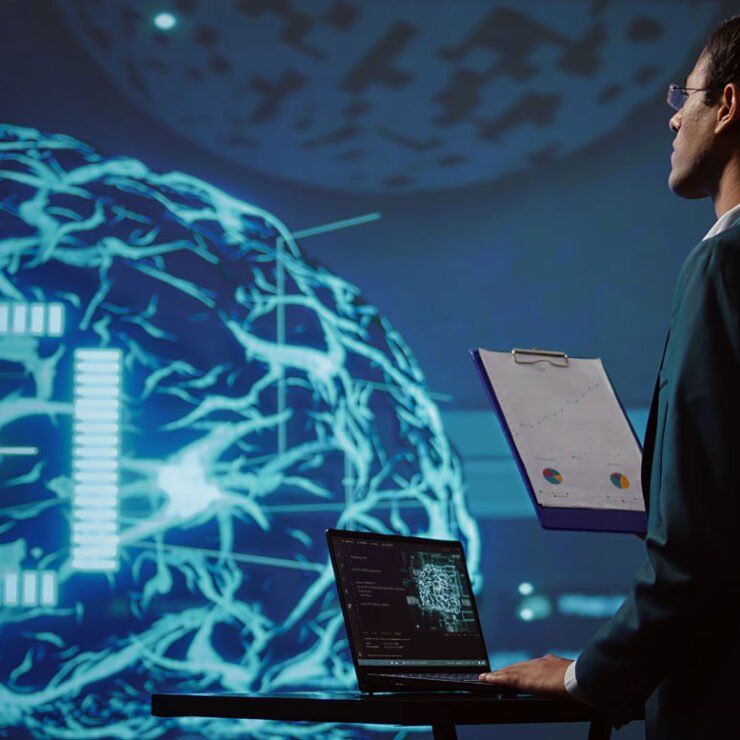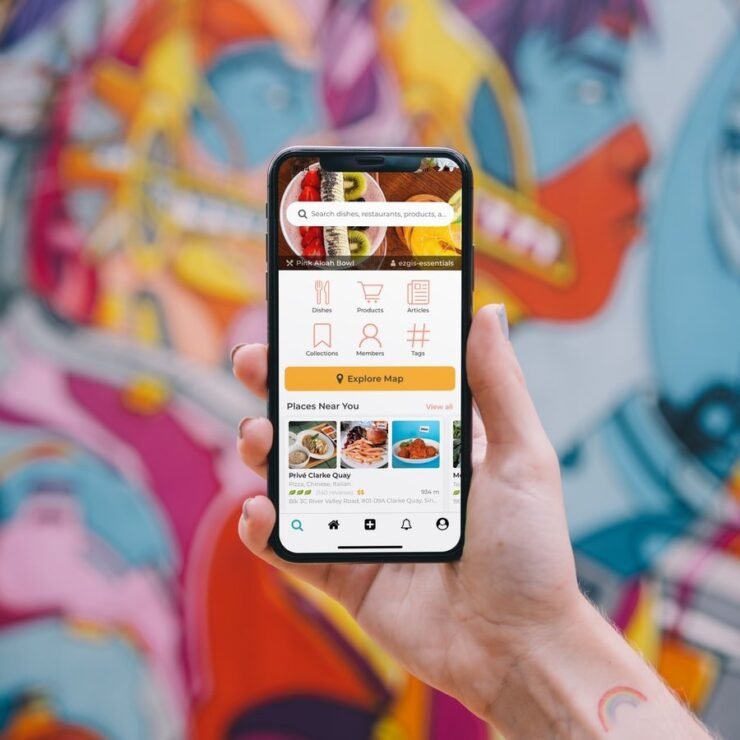In an age where speed, efficiency, and personalization define success in every industry, healthcare is no exception. Among the latest breakthroughs, AI chatbots stand out as a game-changer, offering healthcare providers a scalable, efficient, and cost-effective way to interact with patients.
What Are AI Chatbots in Healthcare? AI chatbots are intelligent virtual assistants powered by machine learning and natural language processing. In healthcare, these chatbots simulate human conversation to provide support such as symptom checking, appointment scheduling, medication reminders, and mental health support.
Why AI Chatbots Matter in Modern Healthcare
24/7 Availability: Unlike traditional call centers or clinic hours, AI chatbots provide round-the-clock assistance, reducing patient wait times and increasing satisfaction.
Improved Patient Engagement: Through personalized interactions, AI chatbots can keep patients engaged, whether reminding them about medications or educating them on post-surgery care.
Administrative Efficiency: AI chatbots handle repetitive tasks like appointment bookings, freeing up medical staff for more critical duties.
Cost Savings: Hospitals and clinics can significantly reduce operational costs by automating basic patient interactions.
Popular Use Cases
Symptom Checkers: AI-powered chatbots like Babylon Health or Ada Health analyze symptoms and suggest possible conditions or direct the patient to appropriate care.
Mental Health Support: Chatbots like Woebot offer conversational therapy, providing emotional support and resources to users anytime they need it.
Post-Treatment Follow-ups: Bots can check in on patients’ recovery, schedule follow-up visits, or gather feedback.
Real-World Impact Leading healthcare providers have already seen measurable improvements in patient outcomes and operational efficiency. For instance, Mayo Clinic and Cleveland Clinic use AI chatbots to triage patients and streamline digital health journeys.
The Future of AI Chatbots in Healthcare As AI models grow more sophisticated, the scope of chatbot applications will expand. Expect smarter diagnostics, multilingual support, integration with wearables, and even AI-assisted telemedicine consultations.
Conclusion AI chatbots in healthcare are not just a trend; they represent a fundamental shift in how healthcare is delivered. By improving accessibility, efficiency, and personalization, they hold the key to a more patient-centric future. Embracing this technology now means better care, reduced burdens on staff, and a stronger, more responsive healthcare system.
Want to stay ahead in digital health? Subscribe to our newsletter and get insights on the latest innovations in AI and healthcare tech!



